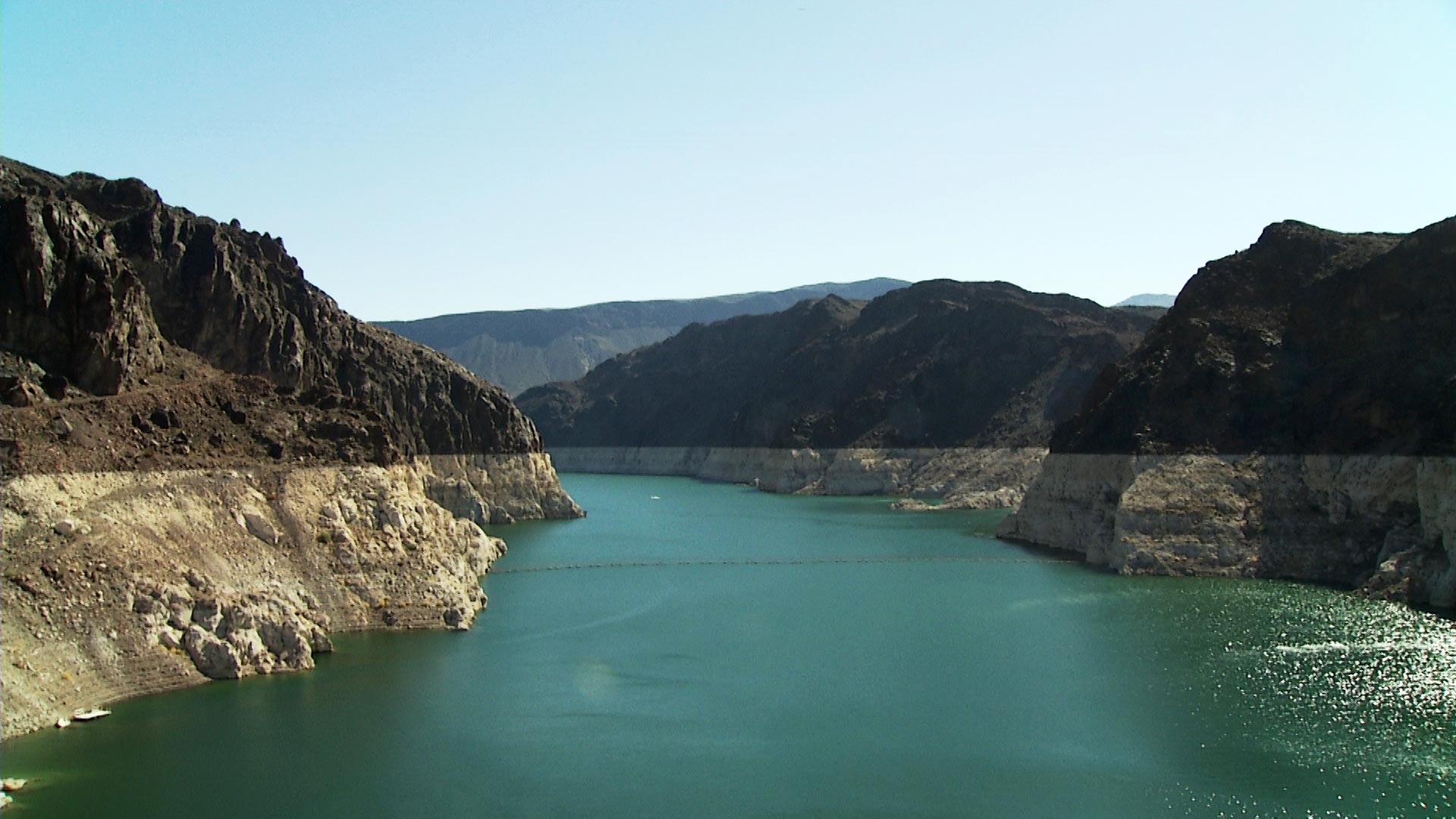 Lake Mead outside of Las Vegas.
Lake Mead outside of Las Vegas.
A bipartisan agreement on drought contingency plan (DCP) legislation has been reached and lawmakers plan to introduce it “very soon,” according to U.S. Sen. Martha McSally.
State officials from the Colorado River watershed are in Washington D.C. this week. Along with Reclamation Commissioner Brenda Burman, they appeared on Wednesday before the Senate Subcommittee on Water and Power, which McSally chairs.
The drought contingency plan needs congressional approval before it can become law of the river. The plan includes incentives for users to keep water in Lakes Mead and Powell in times of “shortage.” In the lower basin, keeping Lake Mead above certain levels reduces the risk of it falling so low that no water can escape from it.
Water managers in the West are eager to get DCP enshrined in federal law.
“If we get this done, about by the end of April, that will kick in the water scarcity plan,” said Southern Nevada Water Authority General Manager John Entsminger. “And we’ll have the country of Mexico leaving water in Lake Mead during the next water year.”
The U.S. and basin states updated a treaty with Mexico in 2017. A deal among southwestern states, though, was finished only recently.
“Under current law, people are incentivized to actually move water out of the reservoir right as we’re on the brink of a shortage,” Entsminger said. “By tweaking the way we’re allowed to deliver water, we will actually now be incentivizing those people to leave water in the lake.”
He said acting immediately makes a difference of 5-6 feet in Lake Mead’s level. This is likely a reference to the Metropolitan Water District of Southern California’s (MWD) move earlier this year to withdraw water from Lake Mead in the absence of the DCP.
MWD serves the Los Angeles area, and is on board with the current deal. Federal officials have said MWD can adjust its water orders for later in the year and thereby keep its stored water in the lake.
Another California water district, the Imperial Irrigation District (IID), is not signed on to the pact. The IID wants funding for the Salton Sea, which is a public health hazard. Entsminger said there is an “on-ramp” for the IID to join the DCP in case the district changes its position, but called the exclusion of the IID “self-imposed.”
A House subcommittee hears testimony on the DCP on Thursday.

By submitting your comments, you hereby give AZPM the right to post your comments and potentially use them in any other form of media operated by this institution.